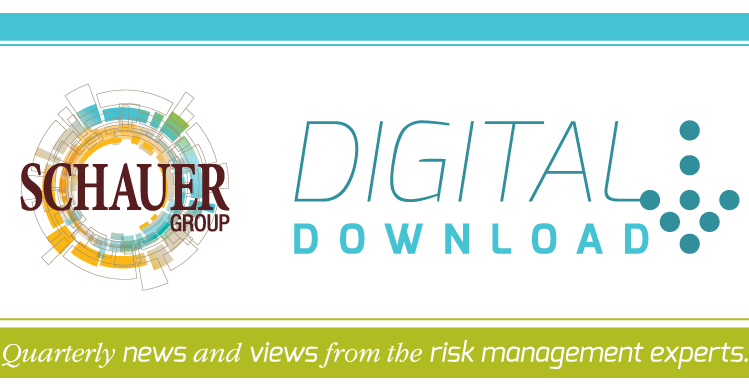Subcontractor default insurance (SDI) is insurance that provides protection for large general contractors in the event a subcontractor can’t finish a project.
While SDI, like a surety bond, is designed to ensure project completion, it works in a different way – primarily, by shifting the responsibility of vetting subcontractors and deciding to initiate a claim to the general contractor.
Here are the key things to know about SDI:
How does subcontractor default insurance work?
SDI is first-party insurance – it’s purchased by the general contractor from an insurance company, and it protects the general contractor from a major loss if a subcontractor defaults on a contract. It’s an alternative to a surety bond, but it has some key differences: With SDI, the general contractor is responsible for prequalifying subcontractors, initiating a claim, and paying the deductible and any copays on the policy before receiving reimbursement.
How does SDI compare with a surety bond?
- With SDI, the general contractor is responsible for choosing and prequalifying all subcontractors – not the insurance company. SDI can provide increased flexibility in selecting subcontractors, however, as it enables the use of subcontractors that don’t have established bonding lines.
- SDI gives general contractors more control over keeping a project on time and on budget, since they decide when a subcontractor is in default and when to initiate the claims process.
- With SDI, if a claim is filed, the reimbursement for the loss is made to the general contractor and doesn’t require waiting on the outcome of dispute resolution, which also keeps the project moving.
- General contractors take on additional financial risk with SDI. Unlike surety bonds, SDI is not first-dollar coverage – the general contractor is required to pay a sizeable deductible and copay (usually, $250,000 or more) before reimbursement coverage begins. But the premiums for SDI typically are lower than premiums for surety bonds, which can yield cost-savings.
- Unlike a surety bond, SDI may, depending on policy limits and conditions, cover expenses beyond typical subcontractor default costs, such as attorneys’ fees, the cost of correcting work, and other delay damages.
Who’s a good candidate for subcontractor default insurance?
Because of the costs and responsibilities associated with SDI, the best candidates for this insurance usually are large general contractors or construction managers that have strong existing relationships with subcontractors and have both the financial health and management capabilities needed to handle the requirements of SDI.
Some other factors to consider include:
- With SDI, the general contractor selects all subcontractors, so having an established prequalification program is important. The program should be able to assess the financial and operational health of the subcontractors and successfully determine their ability to complete the project.
- SDI works best for large, expensive projects and for companies that have strong balance sheets. The deductibles and other copays associated with SDI policies can be high, and they must be paid before the remaining amount of the loss is reimbursed.
- SDI can help in situations where backup options are limited: For projects where there are few additional subcontractors that could complete the work in the event of a default, or in situations where the next available subcontractor would be significantly more expensive than the subcontractor originally hired to do the work, SDI can cover some of the extra costs that would be needed to complete the project.
The corporate surety team at Schauer Group can help your firm decide if subcontractor default insurance is the best solution for your next project. If you’d like to discuss this topic further, please reach out to your Schauer Group advisor.
About Schauer Group
Schauer Group is an independent risk management and insurance advisory firm dedicated to helping people, companies and communities thrive. The firm’s team of insurance professionals works with clients across the country and across a variety of industries, offering expert risk management consulting and customized commercial insurance, employee benefits, personal risk and corporate surety solutions. With offices throughout Northeast Ohio, Schauer Group is committed to attracting and developing the region’s top talent and investing in the communities where associates live and work.
Note: This communication is for informational purposes only. It is not intended to be construed as legal or financial advice and should not be relied on as such. No material contained within this website should be construed or relied upon as providing recommendations in relation to any specific legal, financial, investment, or insurance product. Before making any commitment of a legal, financial, investment, or insurance nature, you should seek advice from a qualified and registered practitioner or advisor who can appraise your specific needs. Schauer Group, Inc. disclaims any and all liabilities incurred as a result of reliance upon the information presented herein.
Sources
- Subcontractor default insurance | Liberty Mutual Insurance
- Subcontractor Default Insurance: SDI Policies Explained | Procore
- Subcontractor Default Insurance Vs Performance Bonds | Axcess Surety Bonds
- Default insurance | IRMI
- Subcontractor Default Insurance (“SDI”): What Is It? | The Dispute Resolver
© 2025 Schauer Group. All Rights Reserved.






